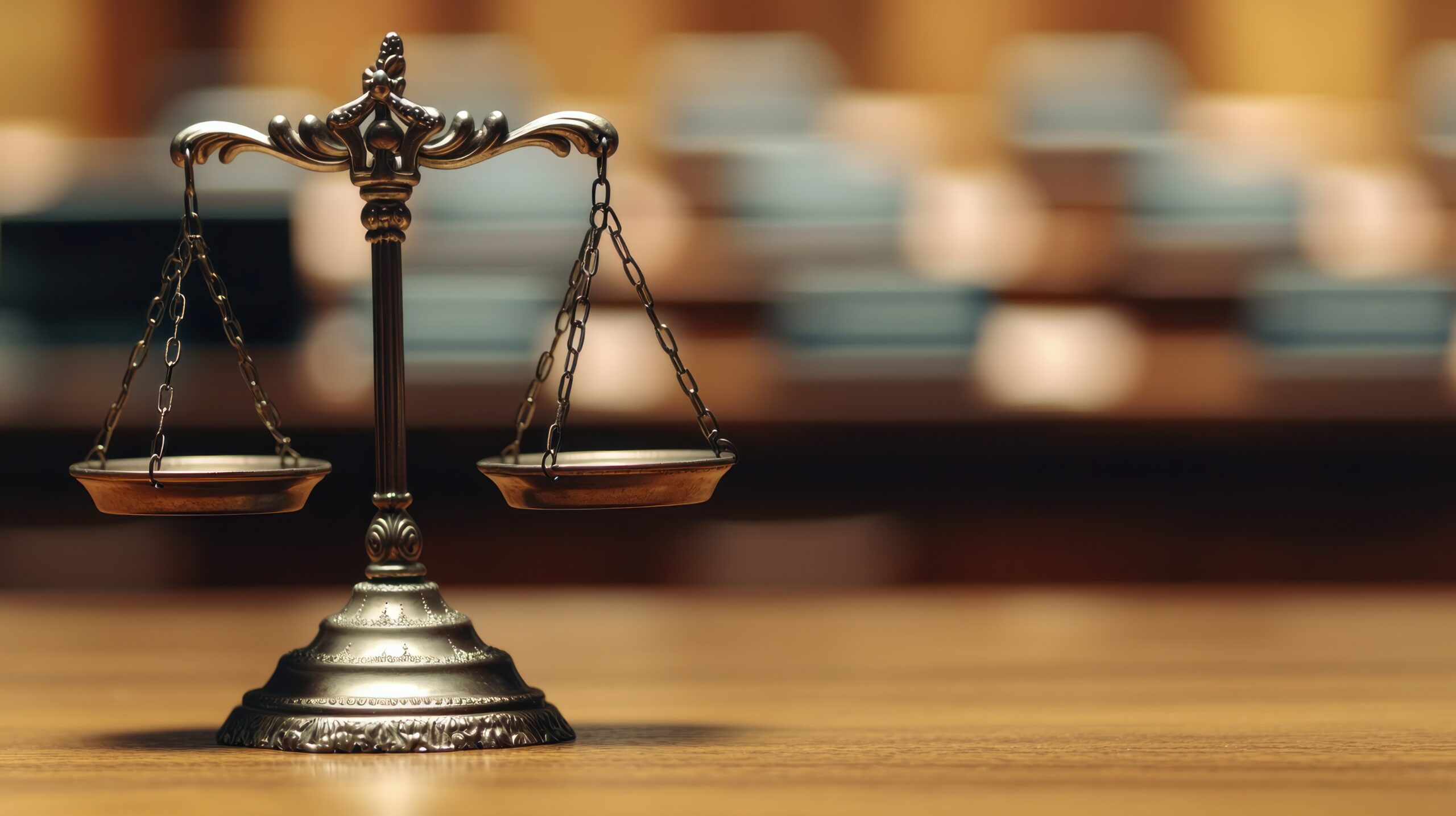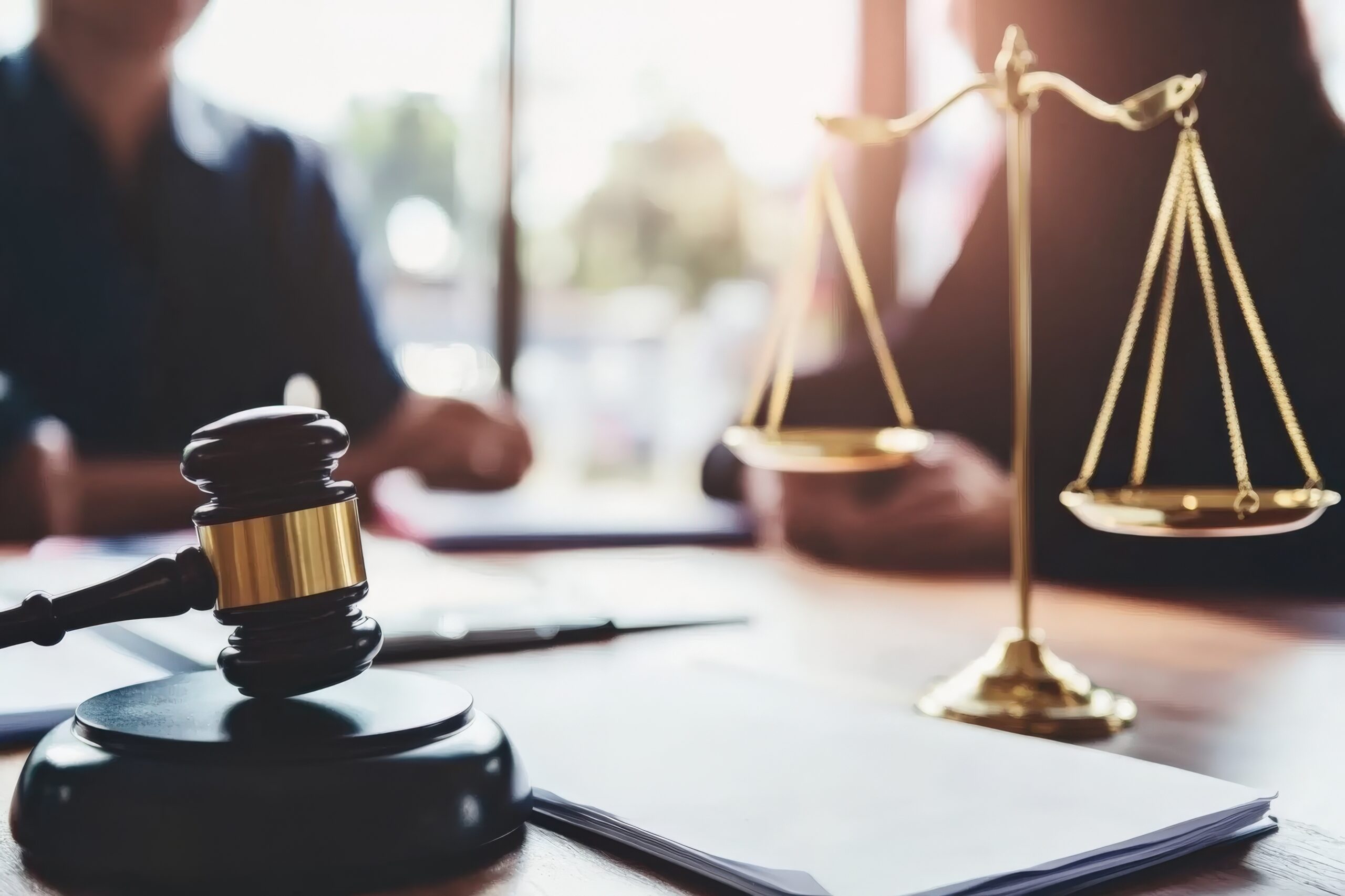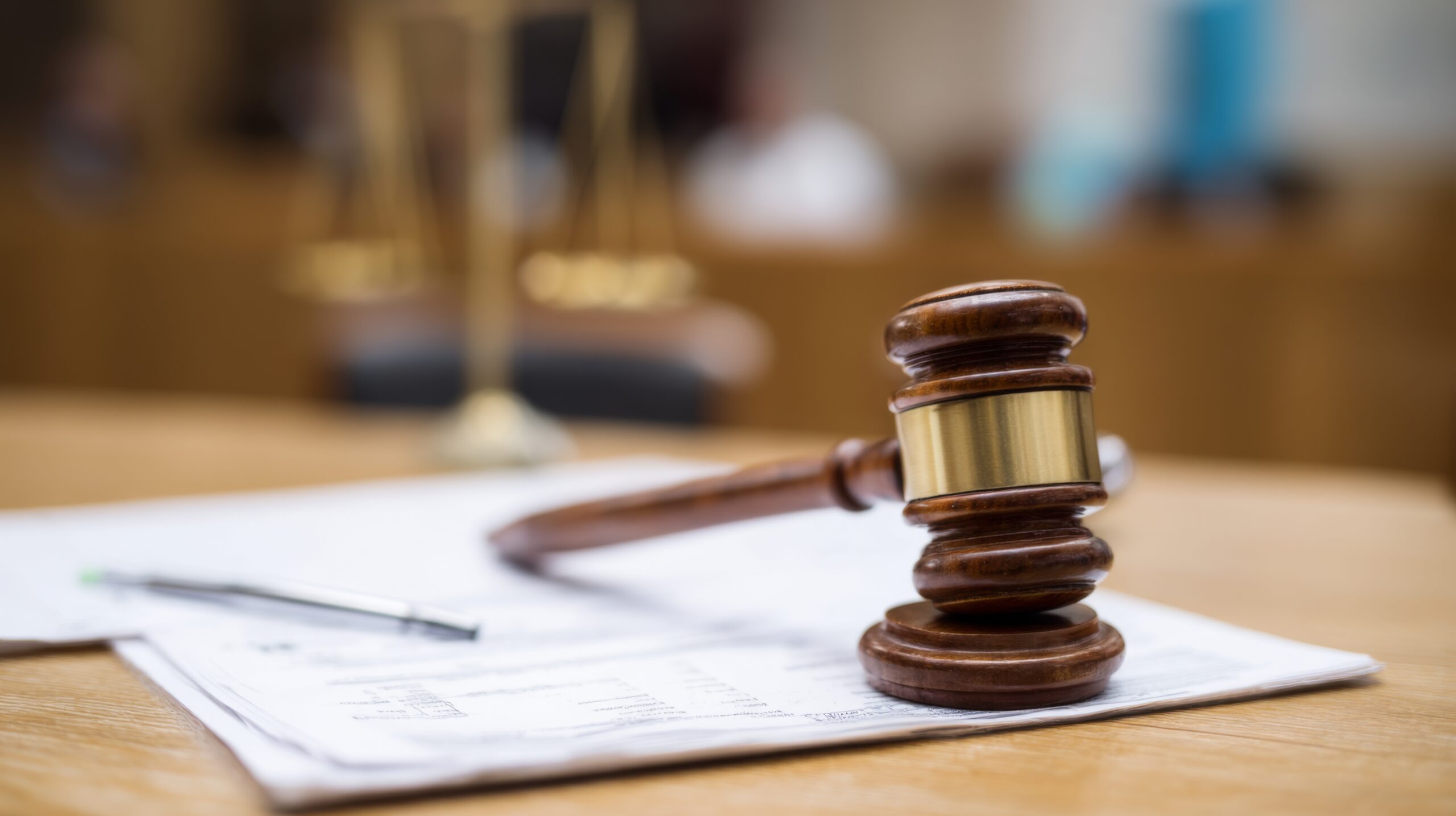When an appellate court issues an unfavorable decision, all may not be lost. In Indiana, litigants have the opportunity to request a second look at the case through a petition for rehearing. This legal tool allows parties to challenge perceived misinterpretations or oversights by the appellate court. However, it is a limited remedy governed by strict procedural rules and deadlines.
What Is a Petition for Rehearing?
A petition for rehearing in Indiana is a formal request for the Court of Appeals to reconsider its ruling. It is not an appeal to a higher court (such as the Indiana Supreme Court), but rather a motion asking the same appellate panel to revisit its decision based on specific grounds.
The goal is not to reargue the case entirely, but to point out errors that the court may have made in its opinion, such as:
- Misstatements of law or fact
- Overlooking or misinterpreting key evidence
- Procedural errors
Indiana Appellate Rule 54 governs petitions for rehearing. This rule sets forth the procedure and timing requirements, which are critical to follow to avoid dismissal.
Rehearing vs. Other Post-Decision Options
It's important to distinguish a petition for rehearing from other types of post-decision relief:
- Motion to Correct Error: Filed in the trial court, usually after a final judgment, this motion asks the trial judge to correct legal or factual mistakes before an appeal is filed.
- Appeal to the Indiana Supreme Court: A discretionary review where the Supreme Court may, but is not required to, accept transfer from the Court of Appeals.
- Petition for Rehearing: Filed in the Court of Appeals after an opinion is handed down, requesting reconsideration based on specific errors.
Each remedy serves a distinct function and has different procedural rules. Consulting an attorney with appellate experience is crucial to determining the appropriate course of action.
Filing Deadlines and Requirements
Timing is critical in appellate practice. According to Indiana Appellate Rule 54(B), “A Petition for Rehearing shall be filed no later than thirty (30) days after the decision. Rule 25(C), which grants a three-day extension of time for service by mail or third-party commercial carrier, does not extend the due date, and no extension of time shall be granted.”
Additional requirements include:
- Contents: It must clearly state the alleged errors and how they materially affect the decision.
- Formatting: Follow the Indiana Rules of Appellate Procedure for font size, spacing, and citations.
Common Grounds for Rehearing
Rehearings are rarely granted, so it is important to identify valid and persuasive grounds. Common reasons the court may consider include:
- Misapplication of law: If the opinion relies on an outdated or incorrect interpretation of statute or case law.
- Overlooked precedent: Where binding legal authority was cited but not addressed.
- Mischaracterization of facts: If the court misunderstood or misstated key factual elements.
- Internal inconsistencies: Opinions that contain logical contradictions or conflicting conclusions.
It is not enough to simply disagree with the outcome. The petition must demonstrate that the court’s decision would likely have been different if not for the alleged error.
Strategic Considerations
Petitions for rehearing should be used strategically. They can be valuable in several contexts:
- Preserving issues for further appeal: Raising errors in a rehearing petition may help preserve them for Indiana Supreme Court review.
- Clarifying ambiguous language: If the appellate opinion contains vague or unclear rulings, a rehearing can seek clarification.
- Correcting precedent: When a published decision may have broader implications, pointing out misstatements of law can be vital for the legal community.
However, rehearings can also delay finality and increase litigation costs. An experienced appellate attorney can assess whether the potential benefits outweigh the risks.
Avoiding Procedural Missteps
Procedural compliance is essential. Common pitfalls include:
- Missing the deadline
- Failing to cite relevant authority
- Relying on emotional arguments instead of legal reasoning
Appellate courts are focused on precision, clarity, and legal merit. A well-constructed petition that adheres to procedural rules is far more likely to receive serious consideration.
When to Involve an Appellate Attorney
Given the complexity and high stakes of rehearing petitions, it’s wise to involve an attorney who specializes in appellate law. An experienced lawyer can:
- Evaluate whether a rehearing is the best course of action
- Draft a persuasive and procedurally sound petition
- Anticipate potential outcomes and next steps
- Coordinate strategy for possible Supreme Court review
At Ciyou & Associates, P.C., we understand the nuances of Indiana appellate procedure and have a strong track record of success in post-decision advocacy.
Final Thoughts
Filing a petition for rehearing in Indiana is a narrow but important opportunity to challenge appellate decisions. Success depends on meeting strict deadlines, presenting compelling legal arguments, and understanding the court’s role in reviewing its own work. Whether seeking to correct an error or preserve an issue for further appeal, the guidance of experienced appellate counsel is essential.
Frequently Asked Questions
Q: What is the deadline to file an Indiana petition for rehearing?
A: The petition must be filed within 30 days of the appellate decision, under Indiana Appellate Rule 54(B).
Q: Can I raise new arguments in a rehearing petition?
A: Generally, no. The petition must focus on errors in the court’s opinion, not introduce new claims or evidence.
Q: Will the court hold a hearing on my petition?
A: Most petitions are decided without oral argument. The court may amend the opinion or deny the petition outright.
Q: Is a petition for rehearing the same as an appeal to the Indiana Supreme Court?
A: No. A rehearing is a request for the Court of Appeals to revisit its own decision. An appeal to the Supreme Court is a separate step.
Q: What happens if my petition is denied?
A: If denied, you may seek transfer to the Indiana Supreme Court, depending on your case’s status.
Q: Can I present new evidence in a petition for rehearing?
A: No. A petition for rehearing in Indiana is limited to arguing that the appellate court overlooked or misapplied existing evidence or legal precedent; it is not an opportunity to introduce new facts or evidence.
Q: What happens if the petition for rehearing is denied?
A: If the petition is denied, the appellate court’s original opinion stands. You may then consider filing a petition to transfer to the Indiana Supreme Court, depending on the circumstances and legal grounds.
Q: Do I need an attorney to file a petition for rehearing in Indiana?
A: While not legally required, having an experienced appellate attorney is strongly recommended, as petitions must meet strict procedural and legal standards to be considered.
Q: Can I file both a petition for rehearing and a petition to transfer to the Indiana Supreme Court?
A: Yes, but they are separate procedures.
If you are considering filing a petition for rehearing in Indiana, contact Ciyou & Associates, P.C. to discuss your appellate options with seasoned legal counsel. Our team has extensive experience navigating the complexities of Indiana’s appellate procedures and can help you determine whether a petition for rehearing is the right next step.
Petitions for rehearing are rarely granted and must be based on clear legal errors or overlooked facts. Consult appellate counsel before proceeding.
This blog was written by attorneys at Ciyou & Associates, P.C., and this blog is not intended to provide specific legal advice or solicitation of services as this is an advertisement.




